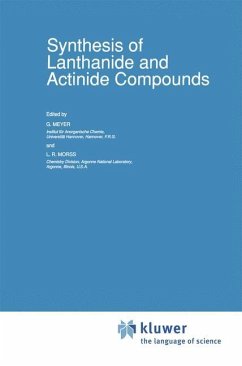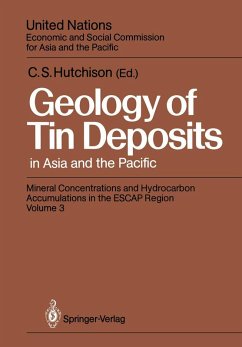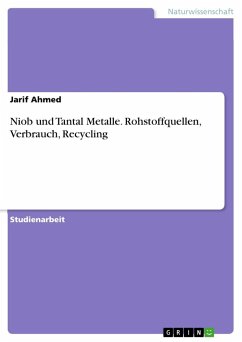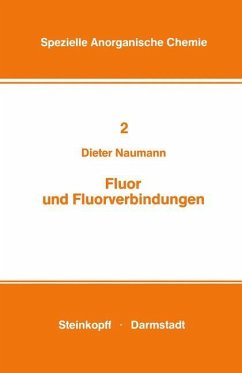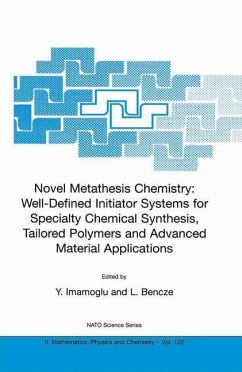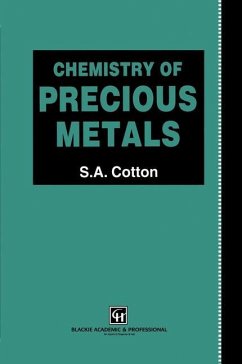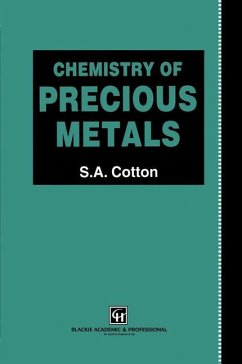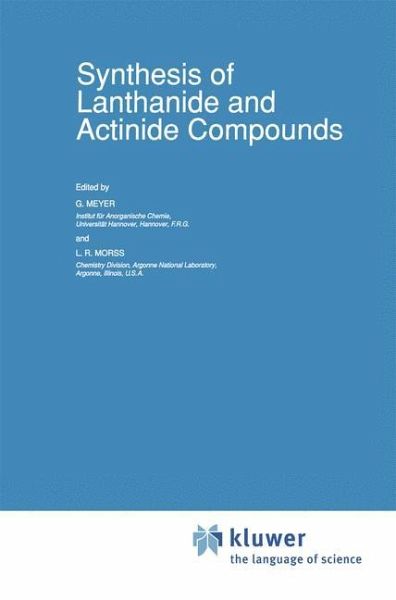
Synthesis of Lanthanide and Actinide Compounds
Versandkostenfrei!
Versandfertig in 1-2 Wochen
153,99 €
inkl. MwSt.

PAYBACK Punkte
77 °P sammeln!
The history of the rare earths has entered its third century; trans uranium elements are now a half century old. Both the lanthanide and actinide ele ments, 30 elements altogether, are f elements, meaninj that their metallic 2 1 1 electronic configurations are typically 6s 5d 4f" and 7s 6d 5f" respectively. To an elementary approximation as summarized in the 'average inorganic chemistry textbook, these configurations cause their chemistry to be described by the trivalent state accompanied by less interesting effects such as the lanthanide contraction. However, the discovery of divalent and tet...
The history of the rare earths has entered its third century; trans uranium elements are now a half century old. Both the lanthanide and actinide ele ments, 30 elements altogether, are f elements, meaninj that their metallic 2 1 1 electronic configurations are typically 6s 5d 4f" and 7s 6d 5f" respectively. To an elementary approximation as summarized in the 'average inorganic chemistry textbook, these configurations cause their chemistry to be described by the trivalent state accompanied by less interesting effects such as the lanthanide contraction. However, the discovery of divalent and tetravalent lanthanides and di- to seven-valent actinides hinted at the existence of more interesting although still classic solid-state and coor dination chemistry. Metallic halides and chalcogenides and electron-poor cluster compounds have been the outgrowth of many synthetic efforts during the past 25 years or so. These days, one can say that the lan thanides and actinides are not at all boring; the fascination arises from every element being an individual, having its own chemistry.





